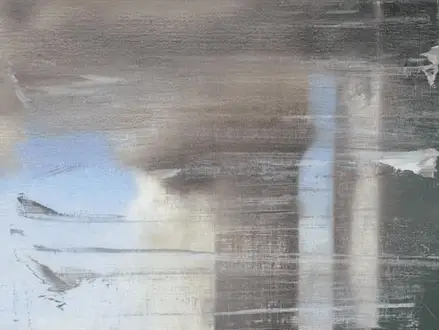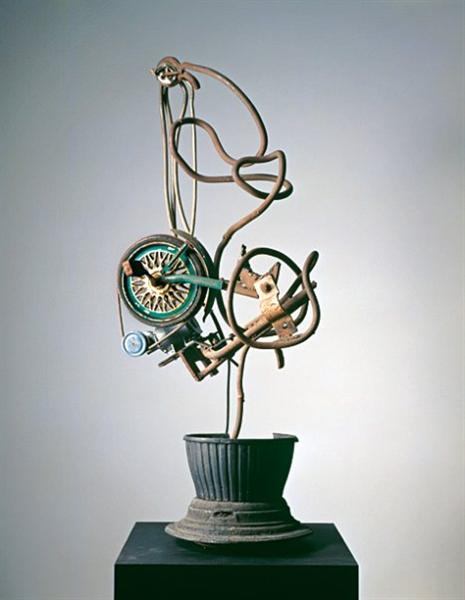Title of Artwork: “September”

Artwork by Gerhard Richter
Year Created 2005
Summary of September
After the September 11th, 2001 terrorist attacks on the World Trade Center, Richter painted September (2005). Richter was scheduled to fly to New York that day, but his flight was rerouted after hearing about the attacks. Richter was affected by the historical disaster in some tiny way when it was happening. For Richter, this was hardly his first time tackling a topic as intricate and politically fraught as this. Specifically, his 18 Oktober 1977 series focuses on the assassinations of the Baader-Meinhof terrorist group’s leaders in Germany.
All About September
One of Richter’s paintings, September was created in the month of September. In the early 1960s, Richter began amassing photographs, which he later used as source material. Over time, the assemblage became an archive that the artist dubbed Atlas.
At the moment, it has more than 800 sheets of paper with various images that have caught the artist’s eye. Richter’s creative process is shown in Atlas, which features numerous pictures of terrorist acts that the artist uses to identify his subject, select an image from, and then render. He picked the September date because that was the month when the second jet hit one of the Twin Towers, triggering the eventual fall of the World Trade Center.
After painting the entire image, Richter scraped away the paint to reveal the canvas’s white dots. The procedure muddied the once vibrant hues, turning the canvas into a muted palette of greys and browns from the original blues and oranges. In order to convey the sense of the towers collapsing, Richter used a disintegrating image effect. To this end, the painting challenges the viewer to recall and reexamine their own memory of the incident by obscuring the recognisable image.
Richter’s focus on terrorism dates back to 18 October 1977, when the novel was first published. While Richter does choose politically contentious topics, he does so in an effort to draw attention to the mysteries and mysteries of the event. The ambiguity is indicative of how communal memory works and also of how Richter, as an artist, intends to convey these sad events.
His paintings leave questions unanswered because of the way he distorts the image. They focus on the gaps in our knowledge instead. Richter also interacts with the art historical painting tradition by selecting subjects that pertain to modern history.
By and large, historical paintings like Guernica (1937) by Pablo Picasso or The Oath of Horatii (1784) by Jacques Louis David are large in scope and colossal in subject matter. September’s relatively tiny dimensions (52x72cm) does not do justice to the heroic scale of the historical picture.
The magnitude reflects the global impact of this news event. The 9/11 attacks were witnessed around the world in this style, typical of a television screen. This structure is symbolic of how the audience receives and interprets news in the modern era, as it is broadcast on television and mobile devices.
Information Citations
En.wikipedia.org, https://en.wikipedia.org/.
























